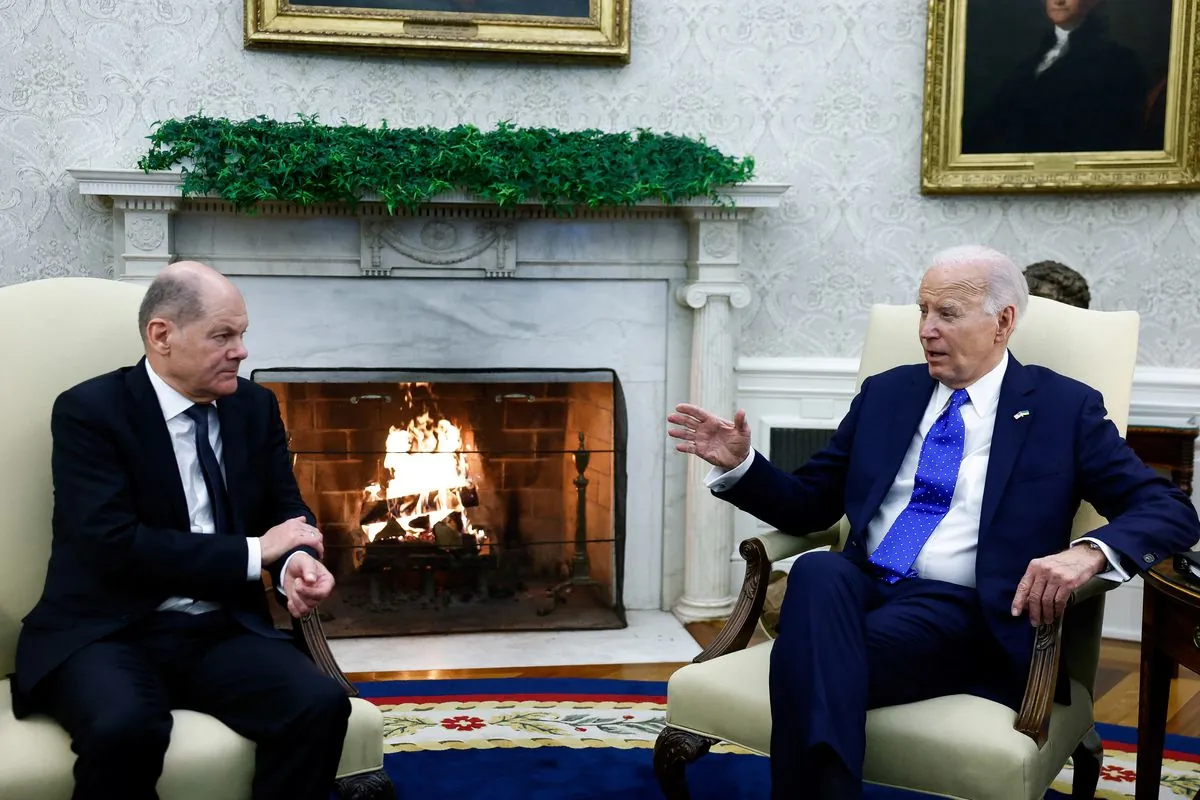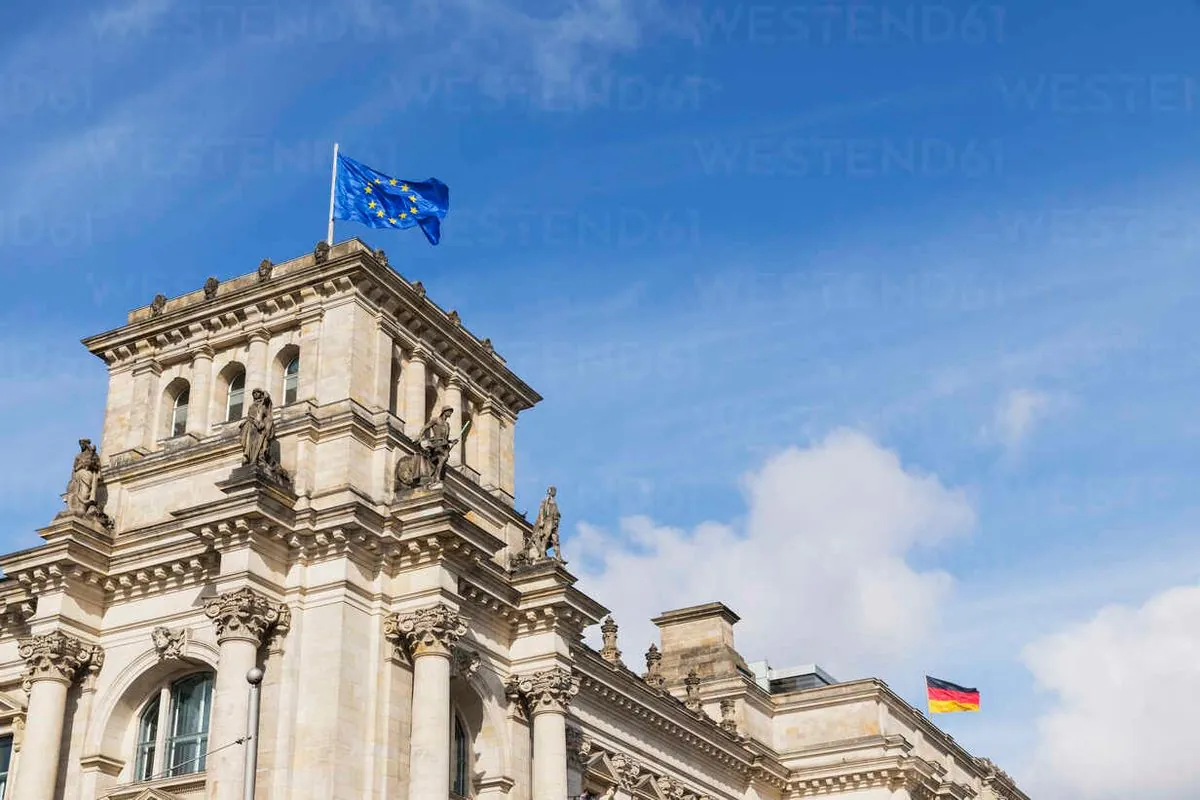Rethinking Germany's Role in Trans-Atlantic Relations
Germany's reduced aid to Ukraine sparks debate on its geopolitical role. The article suggests accepting Germany's limited involvement and focusing on Eastern European NATO members for strategic partnerships.

Germany's recent decision to halve its aid to Ukraine in its 2025 draft budget has reignited discussions about the country's geopolitical stance. This move, coupled with Germany's narrow adherence to NATO's 2% defense spending target, has led to criticism of Berlin's commitment to international security.
However, a new perspective suggests that allies should accept Germany's limited geopolitical role rather than pressuring it to change. Germany has already provided significant assistance to Ukraine, totaling over $16 billion, making it the second-largest donor after the United States. The country has also established the €100 billion Zeitenwende fund and faced substantial economic costs in decoupling from Russian natural gas.

It's crucial to recognize that Germany's current position in NATO differs significantly from its Cold War era importance. As the fourth-largest economy globally, Germany is no longer a front-line state and is surrounded by friendly neighbors. This shift in geopolitical landscape has influenced German voters' attitudes towards defense spending, which reached 1.44% of GDP in 2022.
"The Russian invasion of Ukraine marks a turning point. It threatens our entire post-war order. In this situation, it is our duty to support Ukraine to the best of our ability in defending against Putin's invading army."
The article suggests reducing Germany's centrality in US discussions about trans-Atlantic partnerships. Instead, it proposes focusing on Eastern European NATO members, such as Poland, Finland, and Lithuania, who take their alliance obligations seriously and can be strong advocates for Washington within the EU.
While Germany remains influential in the EU as its largest budget contributor, its resistance to substantial military buildup and further EU federalization has led to frustration among allies. The article proposes building coalitions of willing nations within NATO and the EU, potentially bypassing Germany on certain projects.
It's worth noting that Germany's political landscape is evolving. The Alternative for Germany (AfD) party, founded in 2013, has gained prominence, potentially impacting future federal elections and coalition formations.
In conclusion, the article suggests treating Germany similarly to neutral countries like Austria or Switzerland, acknowledging its different foreign policy parameters. While hoping for more strategically minded German leadership, the US should neither grant Germany a privileged position in shaping trans-Atlantic relations nor launch an anti-European crusade due to German reluctance in certain areas.


































